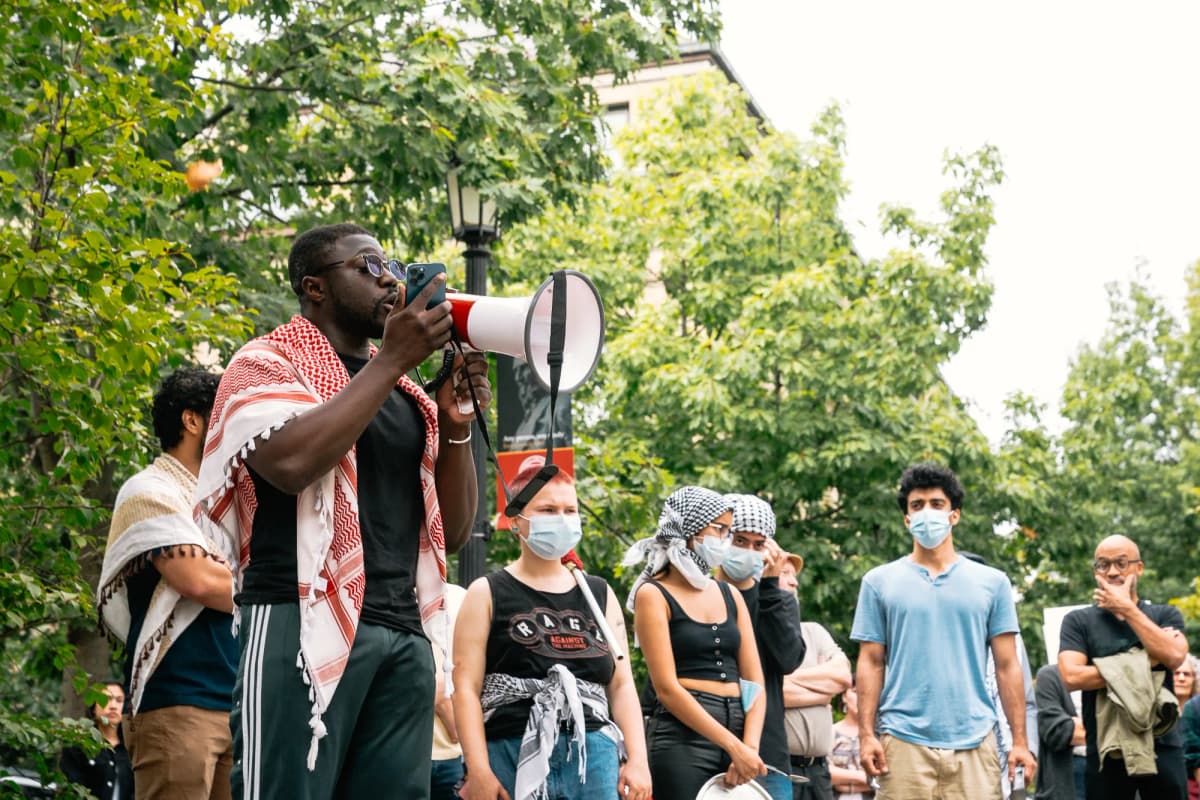Cornell Backs Down, Will Allow Anti-Israel Student To Keep His Visa After Disruptive Protest
Foreign graduate student Momodou Taal says he will not be forced to leave the country.

A foreign graduate student at Cornell University says he is no longer facing deportation, ending a two-week fight over the status of his visa after he participated in a noisy and disruptive anti-Israel protest.
Please check your email.
A verification code has been sent to
Didn't get a code? Click to resend.
To continue reading, please select:
Enter your email to read for FREE
Get 1 FREE article
Join the Sun for a PENNY A DAY
$0.01/day for 60 days
Cancel anytime
100% ad free experience
Unlimited article and commenting access
Full annual dues ($120) billed after 60 days

